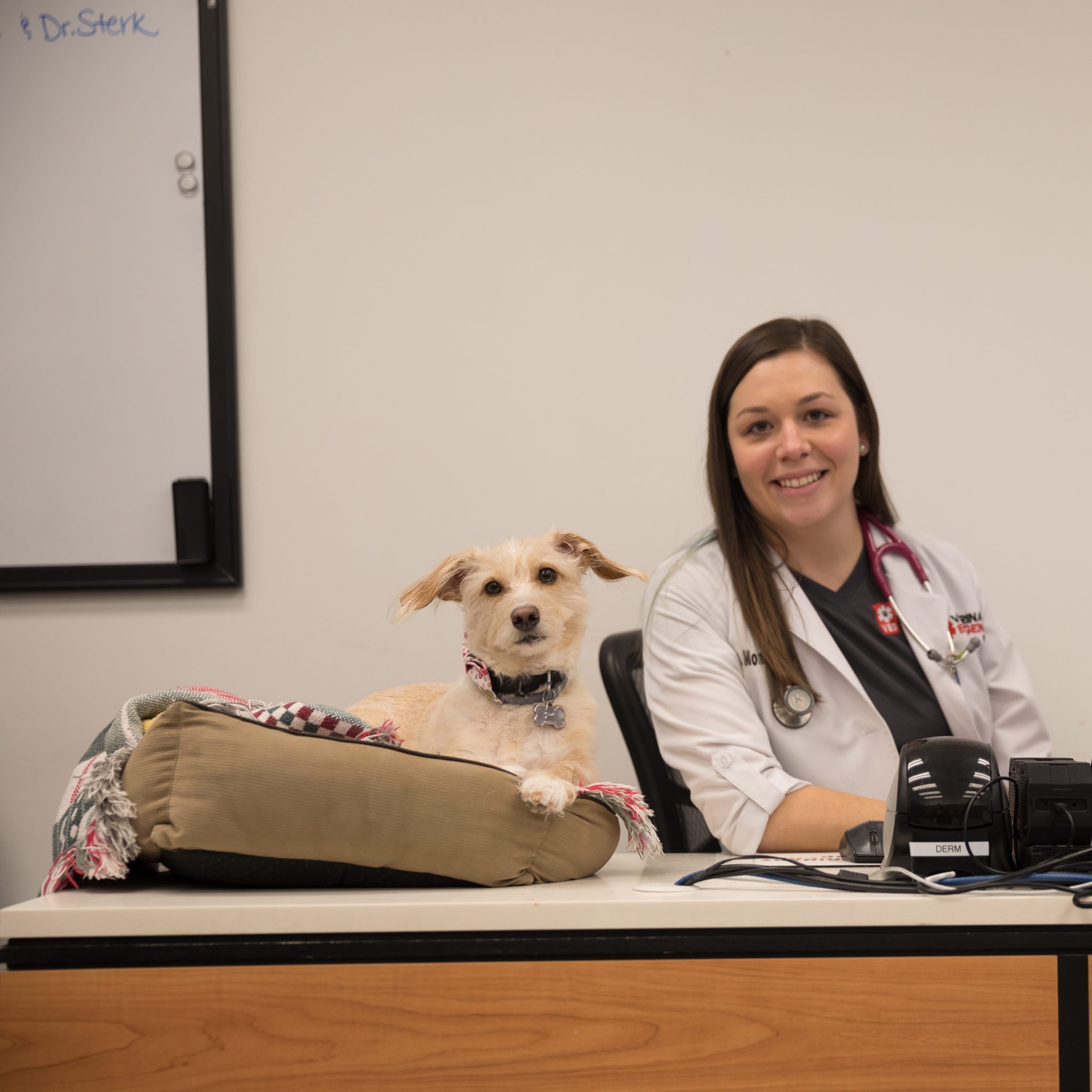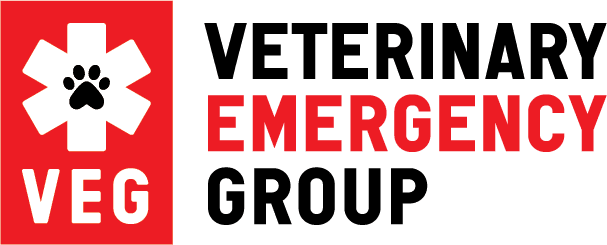
7 Labor Day BBQ Pet Safety Tips
Dr. Brittney Rodgers
Call & Speak with a doctor Open 24/7, Even Holidays!
Walk in today for:
Emergencies
Point-of-Care Ultrasound
Urgent Care
X-Rays
Diagnostics + Testing
End-of-Life Care
Surgery
Treatment + Hospitalization
What pet safety tips should you be following if you’re hosting or attending a Labor Day barbecue? We’re so glad you asked! If you’re making Labor Day weekend plans at your home, you might be thinking about what to do with your pet as the big cookout nears closer. Or if you’re visiting friends at a dog- or cat-friendly gathering, you should also have pet safety in mind.
You’ll have two main safety priorities as a pet owner. First, mind your pet’s wellbeing. dehydration and heat stroke are the two biggest threats to your pet’s safety at an outdoor party this summer. Thankfully, this is easily managed as long as you’re attentive to your pet’s needs.
Second, make sure your pet isn’t jeopardizing the safety of others. Keeping your pet calm, cool, and comfy during your Labor Day barbecue party will help minimize a few risks:
- Bites and scratches are more likely to happen if your pet is agitated or overly excited
- Keeping your pet fed will reduce curiosity around “people food” and your furball will be less likely to try to snatch a snack
- Leashing your pet or keeping him or her indoors serves as a better option if your pet is unpredictable around crowds and activities
With these main points in mind, this pet safety blog covers seven of our best pet safety tips to remember for a Labor Day BBQ this summer:
TIP 1: KEEP PEOPLE FOOD AND DRINKS AWAY FROM YOUR PETS
Many foods and drinks for humans can make pets sick and even be deadly. The same foods that you find delicious, your pet might want a bite of, too, but below are some foods you should never share.
Foods that are toxic to dogs and cats include the following:
- Sugar-free gum and candies containing xylitol
- Macadamia nuts
- Fruits with pits like cherries and peaches
- Grapes and raisins
- Garlic and onions
- Chocolate
- Alcohol
- Coffee and tea
Although not all foods are toxic to dogs and cats, some other foods can still make pets sick or pose a choking hazard. Here are some additional foods that you should keep away from your pet, for safety’s sake:
- Junk foods like chips, pretzels, and cookies
- Salty and/or fried foods like french fries and fried chicken
- Foods with a lot of sugar such as cakes and ice cream
- Meat with bones (chicken, fish, etc.)
- Any kind of dairy or grease
Another benefit to controlling your pet around food at the Labor Day cookout is that it helps him learn not to beg, pester…or worse, sneak food off people’s plates or try to steal it from their hands while they’re eating.
It goes without saying that a food-thieving pet at a barbecue can become an unsafe situation! To prevent this, bring along your pet’s food or favorite treats, or prepare something special for him to enjoy at the gathering. Doing so will keep your pet happy and fed.
TIP 2: TAKE CARE WHEN DISCARDING FOOD WASTE & SKEWERS
Be careful when it comes to discarding food waste and BBQ skewers. Grease, bones, skewers, and uneaten foods should be disposed of securely, so that your pet won’t be able to help himself, or break into the trash. This safety tip is especially important for dog owners, as those always-hungry hounds are more likely to eat food from the garbage than cats.
TIP 3: KEEP PETS AWAY FROM HOT ITEMS AND COOKING SURFACES
Foods that are fresh off the grill or other cooking surfaces can easily burn pets. Keep your dog, cat, or any pet away from these whenever possible.
Although cats require less supervision than dogs do, it’s a smart idea to safely confine your cat until the serving and eating of food is over and done with. You never know when your cat might decide to walk across the stove top, or leap up onto a grill that’s around nose level.
TIP 4: KEEP DOGS AWAY FROM WATER IF THEY CAN’T SWIM
Some dogs love to swim, but that doesn’t mean that all dogs do. In fact, some breeds of dogs can’t swim at all due to their body structure.
Types of dogs that aren’t built for swimming include brachycephalic breeds (dogs with short snouts), and dogs with short legs. Short legs make swimming difficult for dogs. Short snouts can easily lead to water getting up a dog’s nose and being ingested into their lungs.
Breeds of dogs that often can’t swim include the following:
- Basset Hounds
- Boston and Bull Terriers
- Boxers
- Corgis
- Dachshunds
- French and English Bulldogs
- Pugs
- Shih Tzus
Even if your dog is not on our list above, you should keep your dog away from large bodies of water if they have a short snout, short legs, are a small dog, or have not swam before.
More water safety tips for dogs:
- Stay near your dog whenever you’re near a large body of water such as an ocean, river, or lake
- Prevent your dog from entering any fenced-in pool areas if he doesn’t know how to swim
- Mind these additional water safety tips for your pet
TIP 5: ALWAYS GIVE YOUR PETS ACCESS TO FRESH DRINKING WATER
While access to clean, fresh drinking water is always important for your pets, they’ll especially need it on hot days. Hot weather puts pets at a greater risk of becoming dehydrated, especially if they’re spending time with you outside.
Common signs of dehydration in both dogs and cats include, but may not be limited to:
- Dry, sticky gums
- Lethargy
- Panting (in cats) or excessive panting (in dogs)
- Reduced appetite
- Skin tenting (pinch your pet’s skin lightly – if the skin stays up, then they are dehydrated)
If you notice signs of dehydration in your pet, give them some water right away. If your pet won’t drink water or is exhibiting severe signs of dehydration, take them to a VEG emergency vet immediately.
TIP 6: ALWAYS GIVE YOUR PET A WAY TO COOL DOWN
Heat stroke is an extremely serious condition in both dogs and cats. Provide dogs and cats with an area to cool off in such as an air-conditioned room, a shady spot outside, and/or a kiddie pool filled a few inches with cool water.
Know the signs of heat stroke to look out for in your pets:
- Bright red gums and tongue
- Collapse
- Coma
- Difficulty walking
- Excessive drooling or panting
- Increased heart rate
- Lethargy
- Pacing or other restless behaviors
- Seizures or tremors
- Vomiting and diarrhea
Call your nearest VEG ER for pets immediately if you suspect that your pet is suffering from heat stroke. Every second counts. Our experienced ER vet staff will walk you through any emergency first aid you may need to perform on the way to coming into our emergency animal hospital.
TIP 7: KEEP AN EYE ON YOUR PETS
The best way to ensure your pet’s safety at the Labor Day barbecue or at any group gathering, is to have them under your continued supervision. This way, you can prevent or stop a situation before it actually occurs. If for any reason you’re unable to stay with and watch your pet for any amount of time, designate someone you trust to stay with your pet in your absence.
CONTACT VEG ER FOR PETS FOR LABOR DAY EMERGENCY
To avoid potentially dangerous incidents, keep these safety tips in mind when planning, and during, any gathering. If your pet is in need of urgent care or experiences an emergency, our 24-hour veterinary team is here for you seven days a week, including holidays. Call anytime and speak with a veterinarian who can answer your questions. Come in, even during Labor Day weekend, and we’ll triage your pet immediately. We never separate you and your pet; you can stay by their side all throughout treatment.

